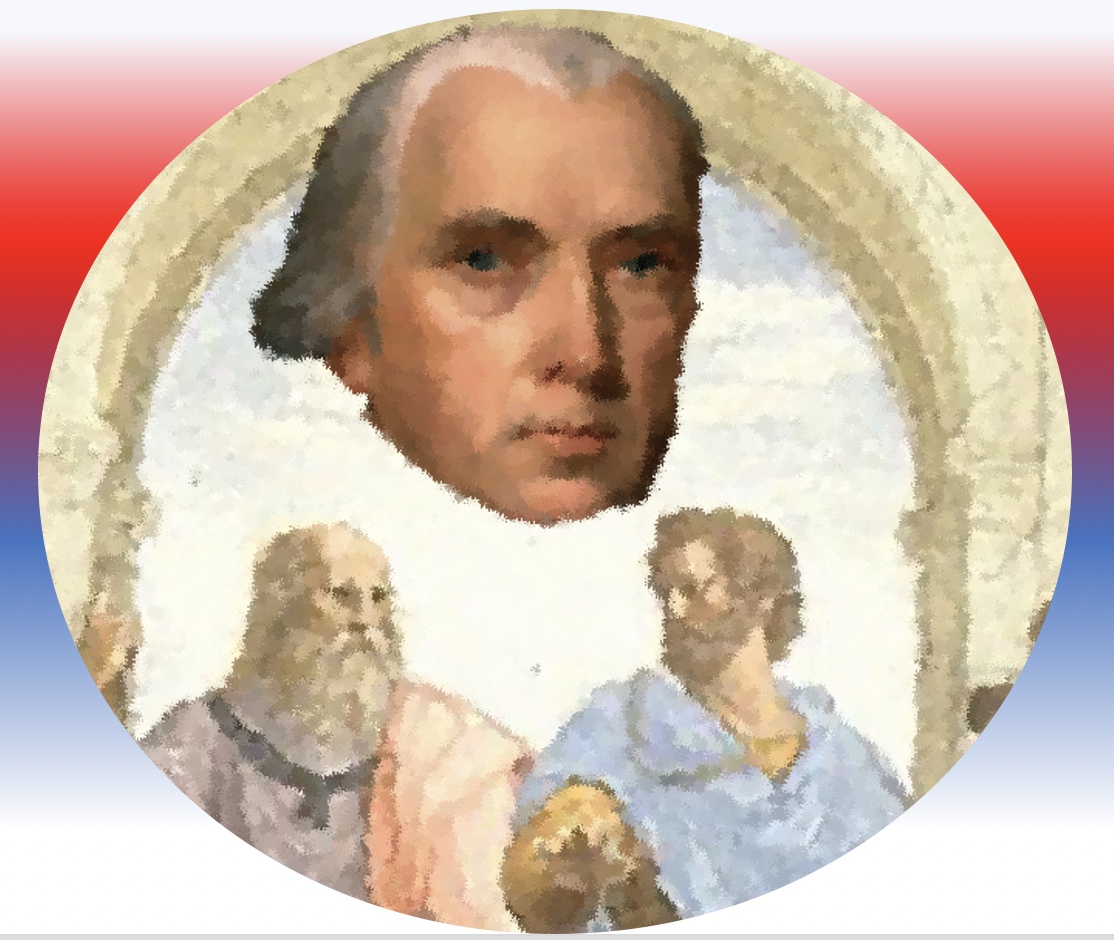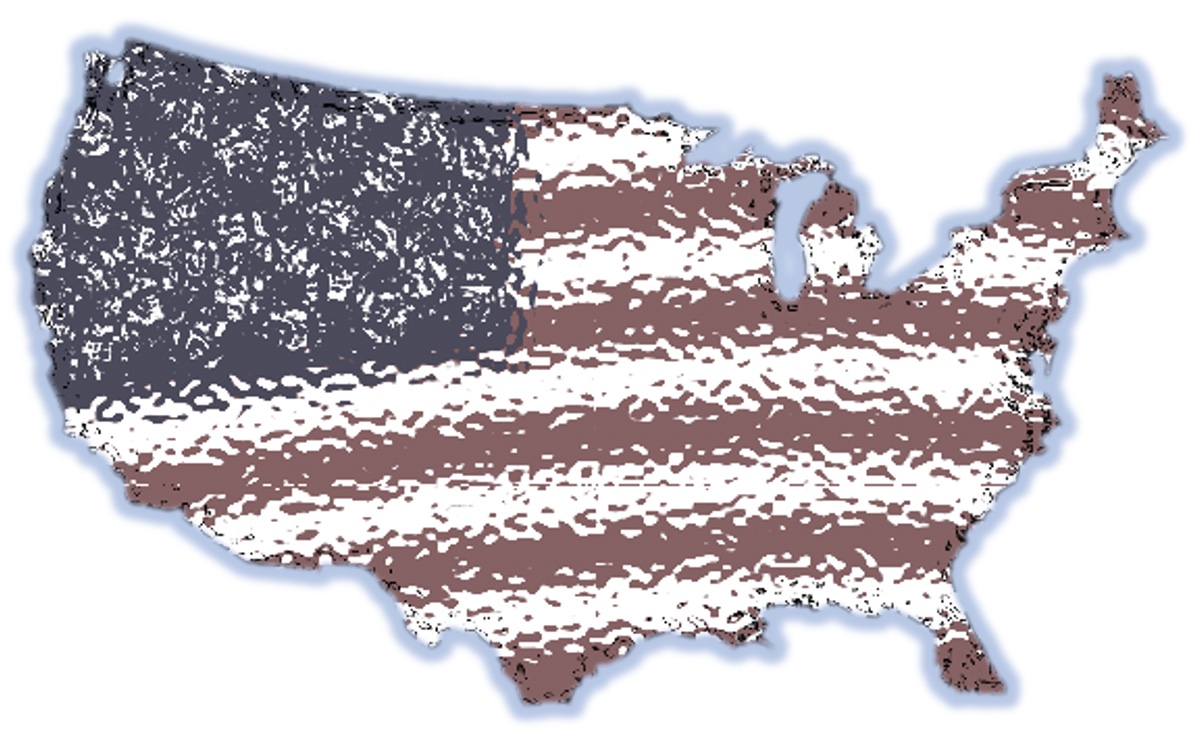The American political system remains in crisis, one year after the Jan. 6 riot. A recent poll shows that 40% of Americans believe that the 2020 election was illegitimate. The same poll indicates that a majority of us fear the future will bring more political violence.
This is alarming. But polarization and distrust are par for the course in the American system. This dysfunction is a feature of the system, and not a bug. Conflict was hard-wired into a system that was set up to safeguard against tyranny.
I explore this idea in more detail in my forthcoming book, “Tyranny from Plato to Trump.” The American founders were focused on preventing tyranny. They were less interested in efficiency than in preventing the consolidation of power.
The question of whether our system is working depends upon what we think this system is supposed to be doing. If we think the government is supposed to respond to the will of the majority, we will be disappointed. But if we think that the American system is intended to prevent tyranny, then the virtue of its dysfunctional design becomes apparent.
The problem of tyranny is an ancient one. In the ancient world, political power was often consolidated in the hands of a strongman. Sophocles warned against the hubris of Oedipus. Plato warned that tyrants were predators who preyed upon their own people.
The American founders studied ancient philosophy and literature. They accused the British king of behaving tyrannically. When they set up the American system of government, they were interested in preventing tyranny by establishing the Constitution’s separation of powers. James Madison defined tyranny as the “accumulation of all powers” in the “same hands.” The solution is a system in which divided powers limit each other. As Madison put it, “Ambition must be made to counteract ambition.”
The good news about the American system is that its checks and balances worked to prevent Donald Trump from consolidating power. Local officials refused to comply with Trump’s effort to overturn the 2020 election. The House impeached the lame duck president. The courts provided independent confirmation of the integrity of the election. Members of Congress certified the election, led by Vice President Mike Pence. And when the Capitol was assaulted by an angry mob, those insurrectionists were arrested, put on trial and convicted.
All of this is part of a slow and messy process. This is the way the American system is designed to work. It moves slowly and incrementally. It is not easy for a strongman to take control in this system and purge his enemies. Nor is it easy for democratic majorities to enact radical change. There is too much friction built into the system for quick and radical solutions.
Some people don’t like this sluggish system. Some long for a nimble system that can react quickly to emergencies. A number of people even seem to desire a savior who would ride to the rescue with a flaming sword.
But the people’s desire for a savior can be exploited by would-be tyrants. In response to emergencies, the people are often willing to sacrifice ethics in the name of expedience.
History teaches us that there are no saviors. It shows us that when power is concentrated, corruption is sure to follow. Atrocities occur when reaction outpaces rationality.
The U.S. Constitution is not perfect. It was flawed at the start, since it permitted slavery. A civil war was fought to eliminate that peculiar form of tyranny. Other corrections and improvements followed.
It took centuries to improve this system. More work remains to be done. One obvious problem is the inordinate power of small states. Citizens of small states such as Wyoming and Rhode Island have much more representational power than citizens of California. And citizens of Washington, D.C. and Puerto Rico have no real representation.
We ought to continue to improve the system. But this is tedious work. Progress will be slow in coming. And there will be no perfect result.
This will bother those who dream of utopia. But utopias do not exist. The human condition does not permit perfection. There are no political saviors. And the dream of a savior can easily become a tyrannical nightmare.



